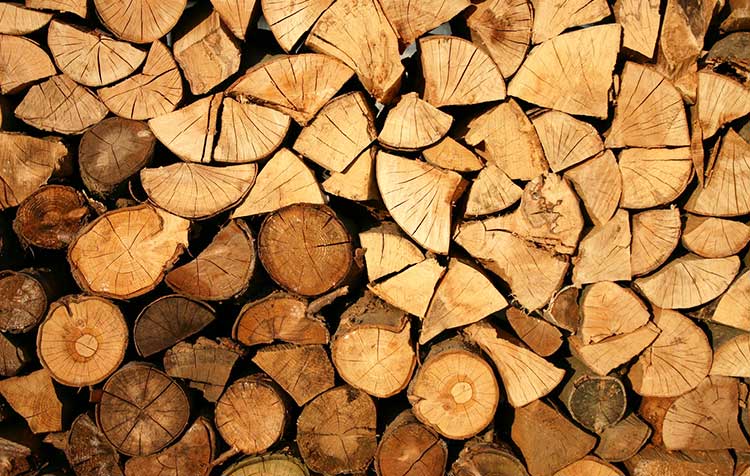What are natural resources? Again and again, I mention them in my articles and emphasize that we must help to protect and preserve them in our everyday lives. But I have not yet defined the term properly.
In this article I would like to make up for that. You will learn here what natural resources
Tip: In the detailed article about the resource efficient lifeLearn how you can make a difference in your everyday life.
What are natural resources?
The term natural resources generally refers to all natural raw materials, means of production, and auxiliary sources on Earth. Natural resources exist in the two basic types of the regenerable and non-regenerable Resources.₁ Both are natural components and functions of nature. All life and activity on earth depends essentially on the existence of natural resources and the components of soil, water, air and genetic diversity.
Categories
To get a better overview of the different types of resources, I would like to give you a short list. The European Commission divides natural resources into the following categories₂:
- Raw materials
- Energy Resources
- Floors
- Air
- Water
- Spatial resources
- Biodiversity
- Other ecosystem resources
Examples
To make this topic a little more tangible, I'll give you a few more examples of the two basic types of non-renewable and renewable natural resources in this section.
Examples of non-regenerable resources
These resources are not infinitely available to us humans, which is why it is so important to use them sparingly:
- Ores (for example, iron and aluminum)
- Crude oil
- Coal
- Salts
- Sound
- Sand (see Sand shortage)
- …
Examples of renewable resources
These resources from nature are renewable - that is, they can recover and regenerate and are therefore, with respectful handling, permanently available:
- Waters
- Biodiversity (see also Species Extinction)
- Floor
- Sun
- Wind
- …
How to conserve natural resources

Each of us consumes natural resources every day. Whether it's the water we use to take a shower or the gasoline we use to get to work by car. And that's exactly why each of us can also contribute on a daily basis to be more conscious of the resources we get from nature. Here are some actions you can take to make a difference.
- Plant-based diet: By avoiding animal products, for example, you reduce the Deforestation of the rainforests and the global warming. Learn more in the article about the Reasons for veganism.
- Avoid food waste: For example, buy unformed fruits and vegetables and plan your purchases so as not to buy anything superfluous. This way, you also value the water and energy consumption that went into their production. Learn more in the article about the Reduction of food waste.
- Save energy: For example, use a refrigerator that is only as big as it needs to be for your household. And let hot leftovers from meals cool outside before putting them in your fridge. Learn more in the post with Energy saving tips.
- Save water: Reduce your direct water consumption, for example, by collecting rainwater for watering the garden. Indirectly, you can reduce your water consumption, for example, by using the Purchasing less irrigation-intensive, regional foods. reduce. Learn more in the article about the Save water.
- Avoid waste: All commodities are made of natural resources. Not everything can be recycled. For example, use a reusable CoffeeToGo muginstead of a disposable cup. Learn more in the article about the Zero Waste Lifestyle.
- …
This list could basically go on indefinitely. Can you think of any other tips for conserving natural resources in everyday life? Then feel free to write me a comment.
Valuing natural resources
We are in the midst of a transition from a time when we carelessly consumed natural resources -. at a time when we value them and treat them with respect. Because now we realize that we have been wasteful with them so far. And that most of them are not infinitely available to us. We depend on healthy soils, fresh air and clean waters - and all the biological resources that thrive in them.
I hope this post about natural resources was helpful to you. Do you have any questions or suggestions? Then write me a comment as always.
Stay sustainable,

PS: Look times in the Knowledge blog there you will find many more definitions and information. For example, learn what exactly the Earth Overload Day is.
References:
₁ Spektrum der Wissenschaft Verlagsgesellschaft mbH: Natural Resources, available at https://www.spektrum.de/lexikon/biologie/natuerliche-ressourcen/45469 [01.06.2020].
₂ European Commission: Resource Efficiency (as of:29.01.2020), available at https://t1p.de/6ks0. [01.06.2020].






